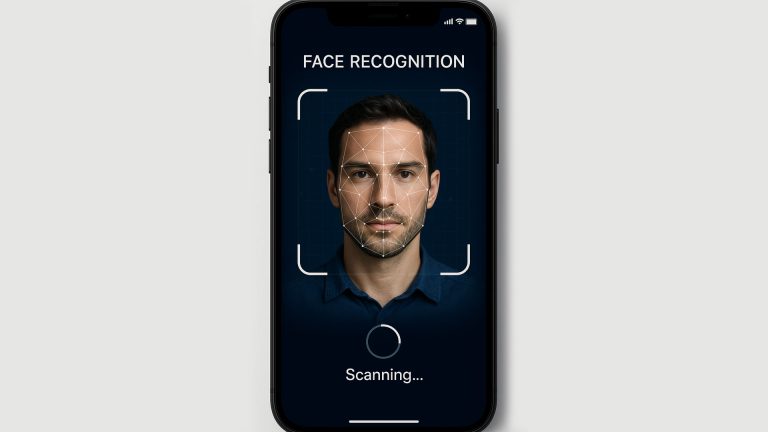Tinder, the popular dating app owned by American corporation Match Inc has rolled out mandatory face recognition in a limited trial in California, USA.
This check is part of their latest effort to crack down on impersonation aka “catfishing” and fake accounts — issues common to users across all dating platforms.
While the face recognition step, dubbed “Photo Check” just involves uploading a video selfie, rather than a full face scan like Apple Face ID, it has raised privacy and security concerns.
There have been a number of high profile data breaches recently and on forums like Reddit, users don’t seem comfortable in handing large corporations yet more personal data.
On the Tinder help pages the company says the selfie video and accompanying biometric data signature are deleted within 24 hours, however if you decide to use their similarly named Photo Verification service, your biometric data is stored by Tinder for the life of the account.
So far it looks like Tinder’s owner Match Inc is playing it safe for now, restricting trials to a few locations world wide, such as Canada and Columbia so this would be the first time its trialed in the USA one of their major markets.
Match Group’s head of trust and safety Yoel Roth said to blog Axios “We see this as one part of a set of identity assurance options that are available to users,” and goes on to say Face Check … is really meant to be about confirming that this person is a real, live person and not a bot or a spoofed account.”
Depending on how users react this feature may end up being rolled out to more regions world wide.
In a recent earnings call Match Group CEO Spencer Rascoff made safety a key part of their business strategy going forward saying “Even if in the short term, it has the effect of potentially reducing some top-line user metrics, we think it’s the right thing to do for the business.”
The online dating market is under pressure, Match Inc laid off 13% and Bumble laid off 30% of their staff due to falling revenues and paying users. This could be down to widespread disillusionment with online dating from both men and women.
Dating apps are known to use dark pattern strategies to encourage users to pay for increased visibility. Youtube is full of frustrated men complaining they cant get any meaningful connections, and women complaining they get too many connections, but not the ones they look for.
This situation is further compounded by a Gen Z audience more interested in having experiences – holidays, run clubs etc than the traditional vices of sex, drugs and partying.
It will be interesting to see how these new features are received. Will you be signing up?

